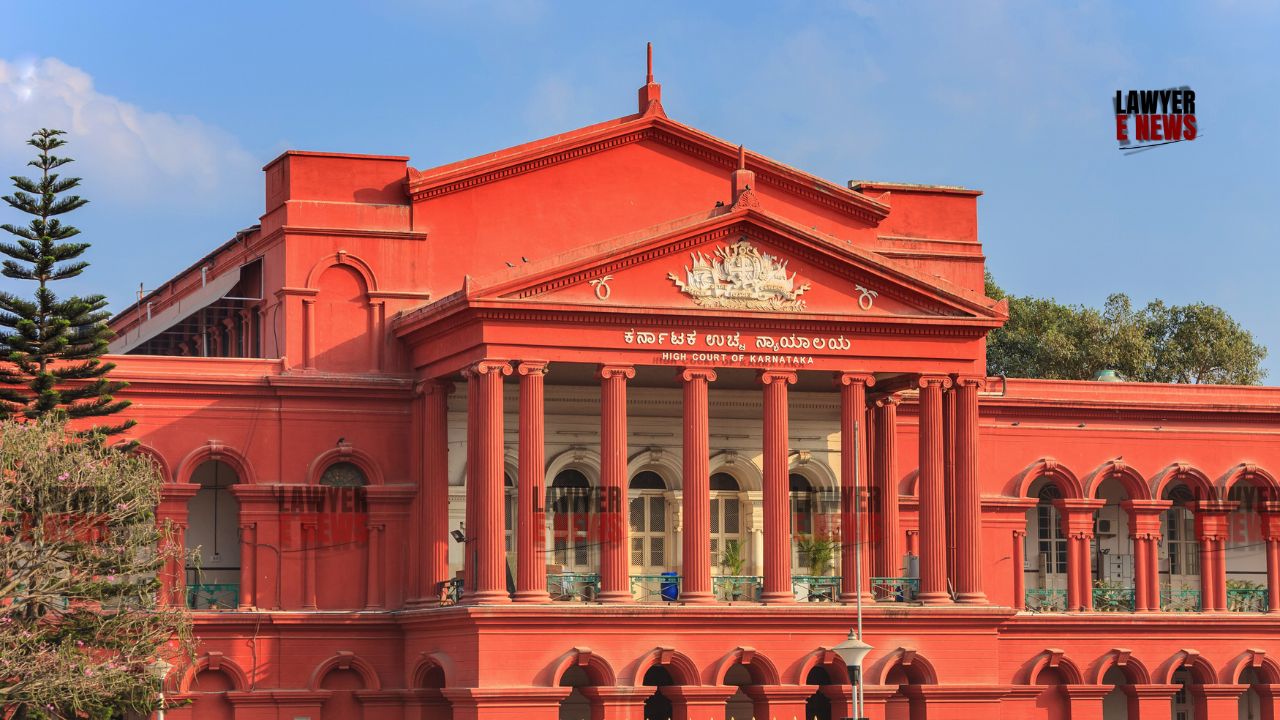-
by Admin
15 February 2026 2:36 AM



The High Court of Karnataka at Bengaluru has rejected the petition to quash criminal proceedings against Mr. Kalam Narendra under the Narcotic Drugs and Psychotropic Substances Act (NDPS Act). The petitioner sought to annul the proceedings initiated by the Narcotics Control Bureau (NCB), arguing procedural lapses and contesting the charges of possessing a commercial quantity of LSD. Justice S. Vishwajith Shetty, in his order dated May 27, 2024, highlighted the essential role of forensic analysis in narcotics cases and upheld the legal process's integrity.
On January 2, 2024, the NCB Bengaluru Zonal Unit received credible information about a postal parcel at the Foreign Post Office, Chamarajpete, Bengaluru, suspected to contain narcotic drugs. Upon investigation, the parcel was found to contain 10 strips of LSD and 34.38 grams of ganja gummies. The parcel, addressed to 'Pandu' at Royal Heritage Apartments, was delivered under a controlled delivery mechanism. The petitioner, Mr. Kalam Narendra, was apprehended upon accepting the dummy parcel. Subsequently, he was arrested, and the contraband was seized.
The court stressed the significance of forensic evidence in narcotics cases. "The quantity and quality assessment of a drug must be conducted by forensic laboratories and not the courts," Justice Shetty noted. The petitioner argued that the delay in obtaining the FSL report violated his rights under Article 21 of the Constitution, but the court held that such matters are better suited for bail petitions rather than quashing proceedings.
The court addressed the petitioner’s claim that the LSD was for personal use, thus attracting lesser penalties under Section 27 of the NDPS Act. The defense argued that each LSD strip contained a small quantity, not exceeding 0.002 grams, which is considered a small quantity under the Act. However, the court observed that the total weight, including the blotter paper, amounted to 0.11 grams, categorizing it as a commercial quantity. "For the purpose of determining whether it constitutes a small or commercial quantity, the total weight of the mixture or preparation, including neutral substances, must be considered," the court stated, referencing the Supreme Court's ruling in Hira Singh & Another vs. Union of India.
The petitioner's counsel invoked Section 482 of the Criminal Procedure Code (Cr.P.C.), seeking to quash the FIR on the grounds of abuse of process. However, the court reiterated the principles established in prior judgments, emphasizing that such powers should be exercised sparingly and only in rare cases where the complaint does not disclose any offense. "The court cannot embark upon an enquiry as to the reliability or genuineness of the allegations made in the FIR," the order clarified.
Justice Shetty remarked, "The power under Section 482 Cr.P.C. is very wide but must be exercised with caution. The allegations in the FIR, if taken at face value, disclose a cognizable offense necessitating further investigation."
The High Court's decision to dismiss the writ petition reinforces the legal framework governing narcotics cases, emphasizing the importance of forensic evidence and proper judicial procedures. This judgment is expected to influence future cases, underscoring the judiciary's role in upholding the law against narcotic crimes.
Date of Decision: May 27, 2024
Kalam Narendra vs. Union of India, Narcotics Control Bureau, Bangalore Zonal Unit
